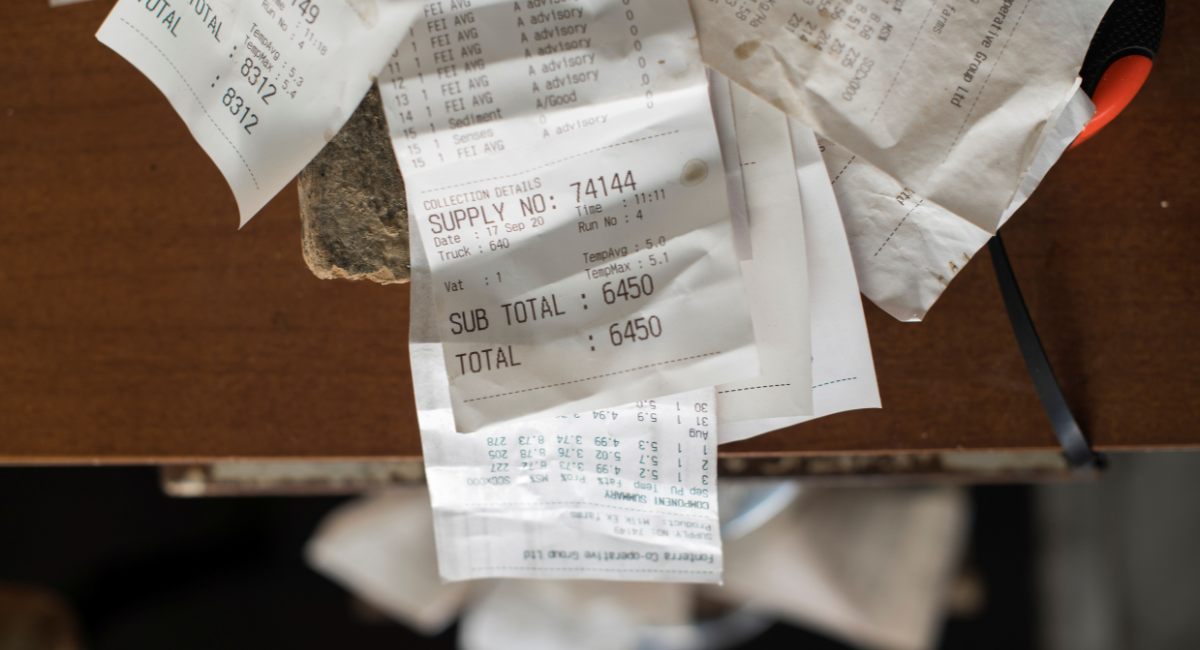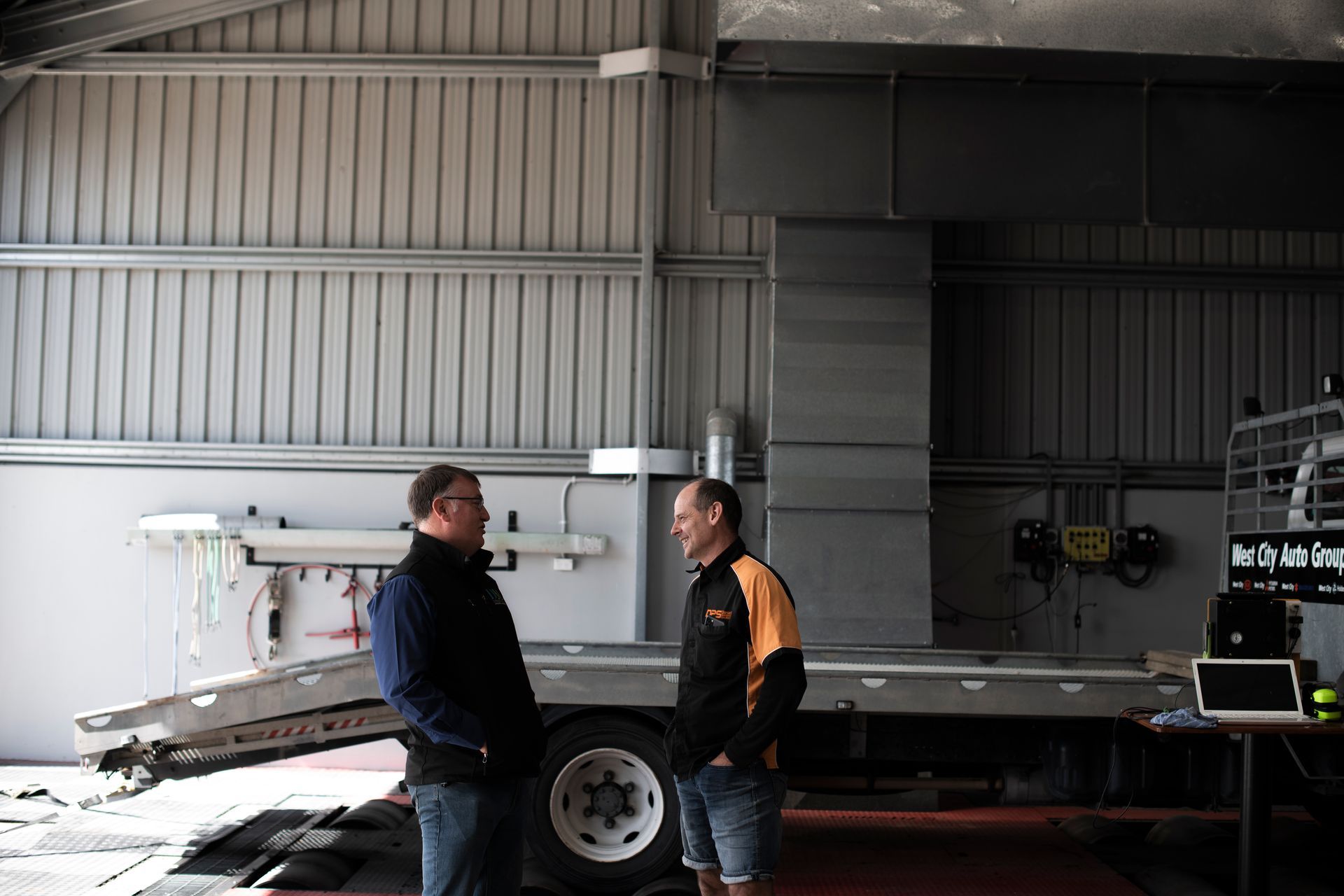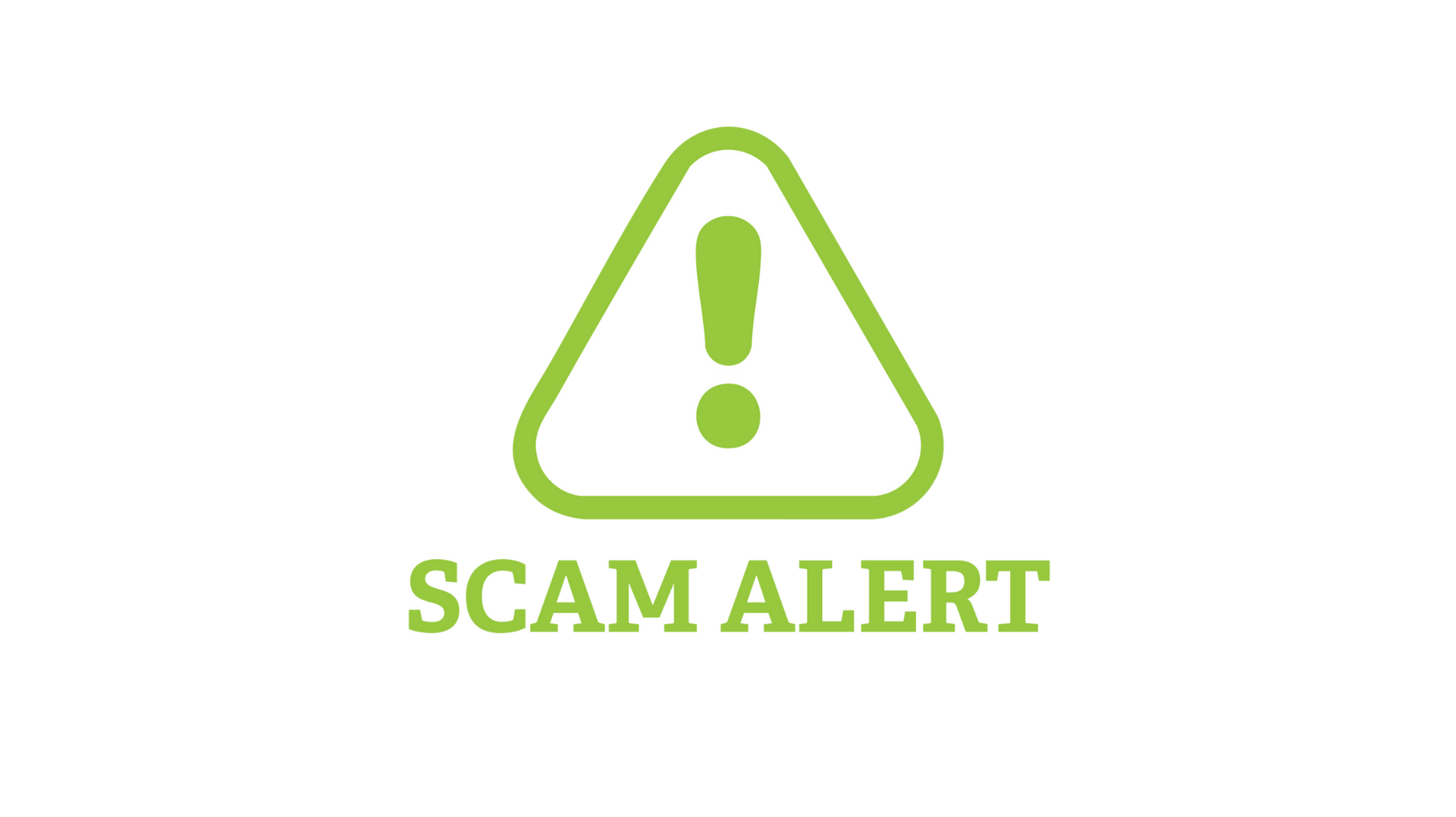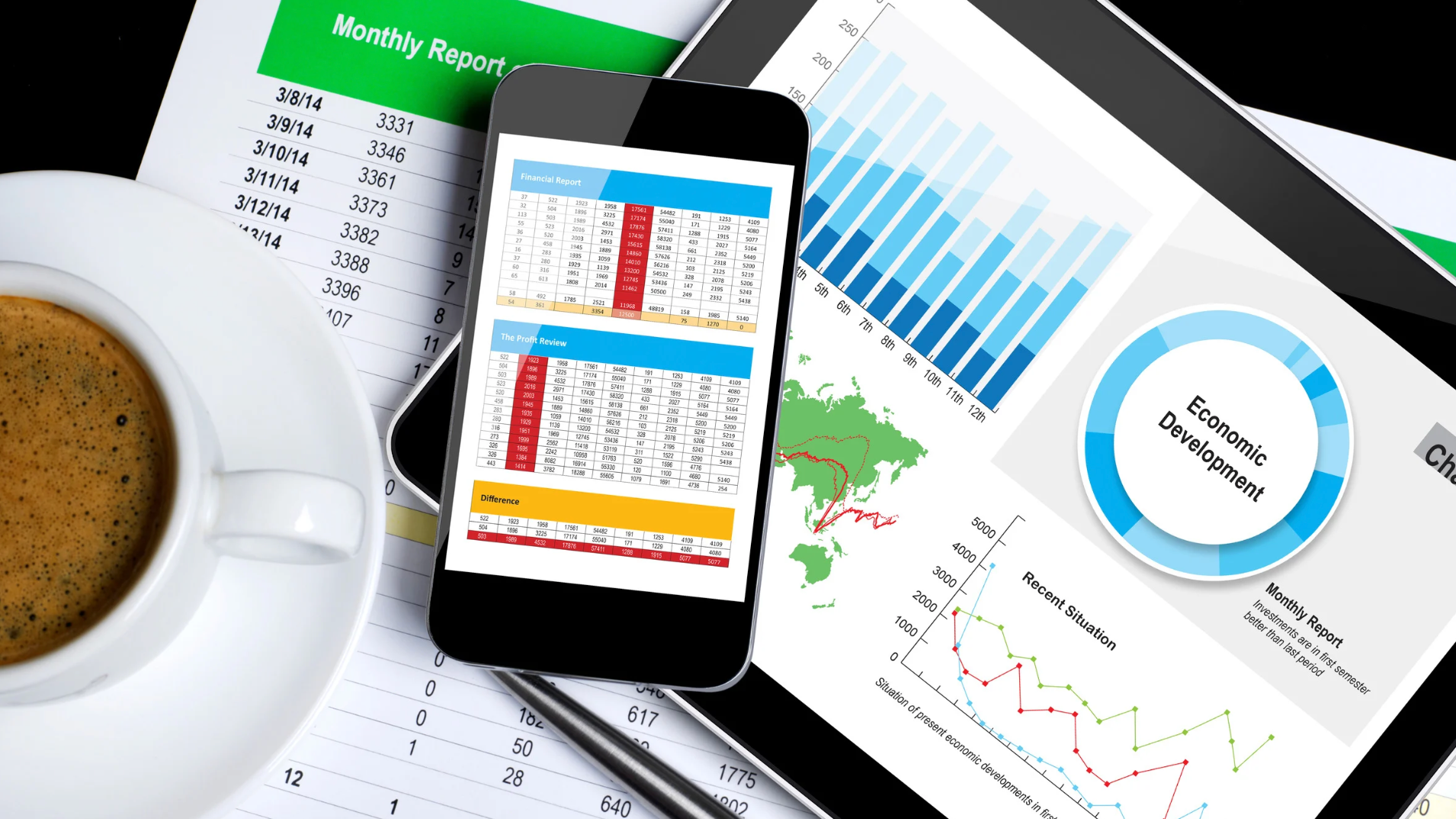Keeping track of business expenses is key for any company. It’s important to know which costs can be deducted from your taxes and which can’t. Here’s a simple guide to the expenses that can reduce your tax bill.
What can you deduct?
You can usually deduct any business expense that is necessary to earn your taxable income. This means you can subtract these costs from your income.
Here are some typical business expenses that you can often deduct:
• Costs for using vehicles, traveling for business, and other transportation.
• Rent for business buildings.
• Loss in value of items like computers and office furniture.
• Interest on business loans.
• Some types of insurance.
• Business-related books and magazine subscriptions.
• Membership fees for professional organisations.
• Home office expenses.
• Costs for business-use mobile devices and their operation.
• Office materials.
• Work uniforms.
• Fees for tax advice.
This knowledge is useful for controlling your business costs, lowering your tax payments, and keeping a stable cash flow. How much and when you can deduct depends on the type of expenses – see the Inland Revenue (IRD) website for more details https://www.business.govt.nz/tax-and-accounting/reducing-your-tax/claiming-expenses/
Generally, there are three basic rules for checking if your expense claim is a valid business deduction, and that it won’t be challenged by Inland Revenue:
1. The expense must be only for your business and allowed as a deduction, not something you use personally.
2. If you use something for both business and personal reasons, you can only claim the part used for business.
3. You must always keep receipts or records to prove the expense happened.
What can’t you deduct?
While you can typically deduct a variety of business expenses that are necessary for your everyday income-generating operations, there are certain expenses that are not eligible for tax deductions.
These include:
• The principal amount of any loan repayments.
• Fines for speeding or parking violations incurred by personal or company vehicles.
• Penalties charged by the IRD for delayed submissions or payments.
• Initial purchases of equipment, machinery, or plants, which may be subject to depreciation over time.
• Premiums paid for life, accident, personal illness, and mortgage protection insurance policies.
• Expenses related to the early phases of establishing your business.
• Generally, clothing, shoes, and glasses cannot be deducted, except for mandatory work attire such as uniforms or protective footwear.
• Legal fees associated with the purchase of capital assets.
If you’re looking to cut back your costs and improve your tax efficiency, we can help. Talk to us about your regular operational expenses and tax costs and we’ll work with you to find the important reliefs, incentives and allowances that can be claimed. Get in touch to start reducing your expenses!













